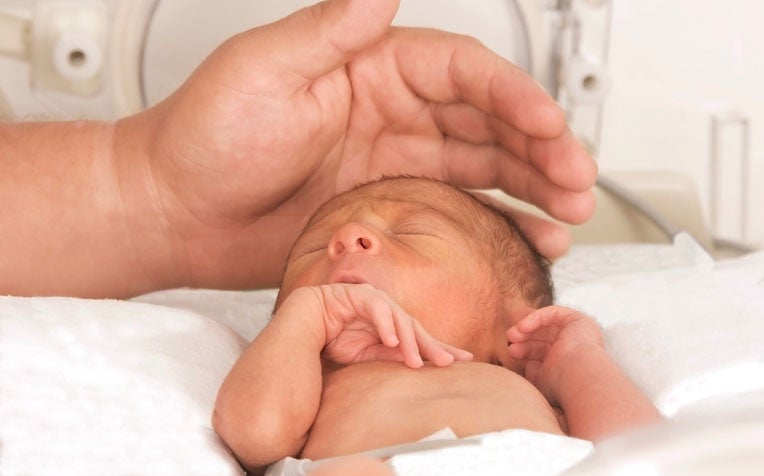HealthXchange will NEVER ask you to transfer money over a call. If in doubt, call the 24/7 ScamShield helpline at 1799, or visit the ScamShield website at www.scamshield.gov.sg.
Pregnancy Skin Problems: Polymorphic Eruption of Pregnancy (PEP)
1. Pregnancy can cause specific skin conditions due to hormonal changes, ranging from harmless rashes to serious complications.
2. Polymorphic eruption and atopic eruption are common, itchy conditions that usually don't harm the baby.
3. Intrahepatic cholestasis causes severe itching and requires treatment as it can cause complications for the baby.

Polymorphic Eruption of Pregnancy If your skin gets red and itchy during your pregnancy, you should get it checked.
Skin problems during pregnancy
Just like any other person, you can suffer from common skin conditions such as psoriasis or scabies when you’re pregnant. However, certain skin conditions, or dermatoses, can occur specifically in pregnant women. The causes are unclear but thought to be related to changes in hormones and the immune system occurring during pregnancy. In rare cases, your unborn baby may be at risk of abnormalities, distress, premature birth or even death, if your dermatoses are not treated in a timely manner.
Dr Mark Koh, Head and Senior Consultant, Dermatology Service, KK Women’s & Children’s Hospital (KKH), a member of the SingHealth group, discusses three main groups of pregnancy-related skin conditions.
Polymorphic eruption of pregnancy
Also known as pruritic urticarial papules and plaques of pregnancy (PUPPP), polymorphic eruption of pregnancy (PEP) is not an uncommon skin condition of pregnancy. In 2013, approximately 15 new cases of PEP were diagnosed by the Dermatology Service at KKH.
PEP is not associated with harm to the unborn baby.
What does polymorphic eruption of pregnancy look like?
Patients complain of itching and redness that commonly begin within stretch marks over the abdomen. The red, itchy wheals can extend to the back, chest, and limbs.
Typically, the area around the belly button is not affected, and there are no blisters.
The severe itching can lead to sleep disturbance and severe psychosocial distress. The rash lasts for about 4 to 6 weeks and usually goes away on its own, especially after delivery, even without treatment.
Who’s most at risk of developing polymorphic eruption of pregnancy?
Most commonly, PEP affects women having their first pregnancy, during the 3rd trimester. However, it can occur earlier or appear immediately after delivery. No other risk factors have been identified for the condition.
How is polymorphic eruption of pregnancy treated?
Treatment will depend on the severity of the condition, and will include a combination of topical steroids, topical anti-itch agents (e.g. calamine lotion) and moisturisers. Oral anti-histamines can also help with the itch. More severe cases may require a short course of oral steroids.
Ref: Q15
Contributed by
Related Articles
Conditions & Treatments
Public Events
Get the Health Buddy App
© 2025 SingHealth Group. All Rights Reserved.


















 Get it on Google Play
Get it on Google Play